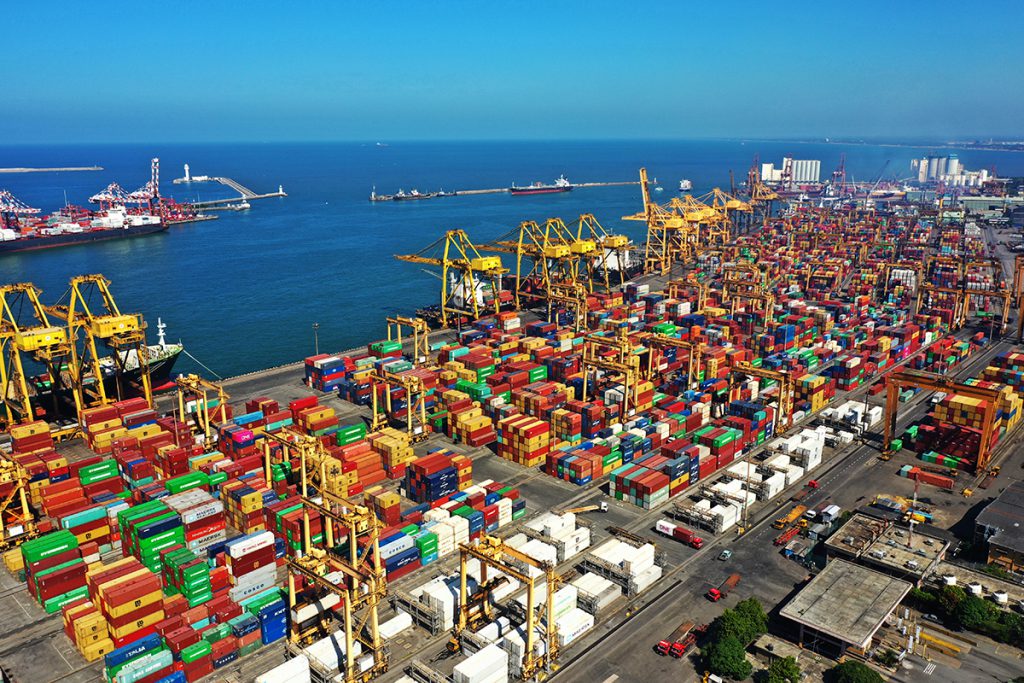
The transhipment boom at the Port of Colombo diminishes amid increasing competition
6 months ago
The transhipment boom at the Port of Colombo diminishes amid increasing competition

Sri Lanka’s Colombo Port, which experienced robust transhipment growth earlier this year due to vessel diversions from the Red Sea, is now witnessing a slowdown. After significant gains, transhipment volumes dipped by 6% year-on-year in July, following a 5% decline in June, according to the latest figures.
Despite these recent drops, Colombo’s overall performance in the first half of 2024 remained strong, with a 9.6% increase in transhipment cargo, driven by double-digit growth from January to April. Sri Lanka Ports Authority chairman Keith Bernard emphasized the port’s strategic position, stating it is poised to become a key transhipment hub for the Middle East as shipping lines reroute to avoid risks in the Red Sea and Suez Canal.
However, the momentum appears to be waning, as container ship calls to Colombo dropped 18% in July. Capacity limitations have hindered the port's ability to accommodate the surge in transhipment demand, prompting some shipping lines to divert vessels to other regional ports, such as India’s DP World Cochin and Chennai Port.
DP World Cochin, benefiting from this shift, saw its transhipment volumes more than double from April to July, handling 70,701 TEU compared to 29,358 TEU during the same period last year. CEO Praveen Thomas Joseph attributed this to recent infrastructure upgrades, including new cranes and expanded yard space, increasing the terminal’s capacity to 1.4 million TEU annually.
Similarly, Chennai Port experienced a significant rise in transhipment traffic, with movements jumping from 6,848 TEU to 35,417 TEU between April and July. Meanwhile, the Adani Group’s Vizhinjam Port in southern India is emerging as a potential new hub, with competitive service rates and trial operations already underway.
Though Colombo remains a dominant player in the subcontinent’s transhipment market, growing competition from these alternative ports is reshaping the region's logistics landscape. Maersk, which recently began operations at Vizhinjam, noted that the port’s strategic location offers more flexibility for supply chains moving cargo in and out of India, further intensifying the race for market share.
Source: The Loadstar